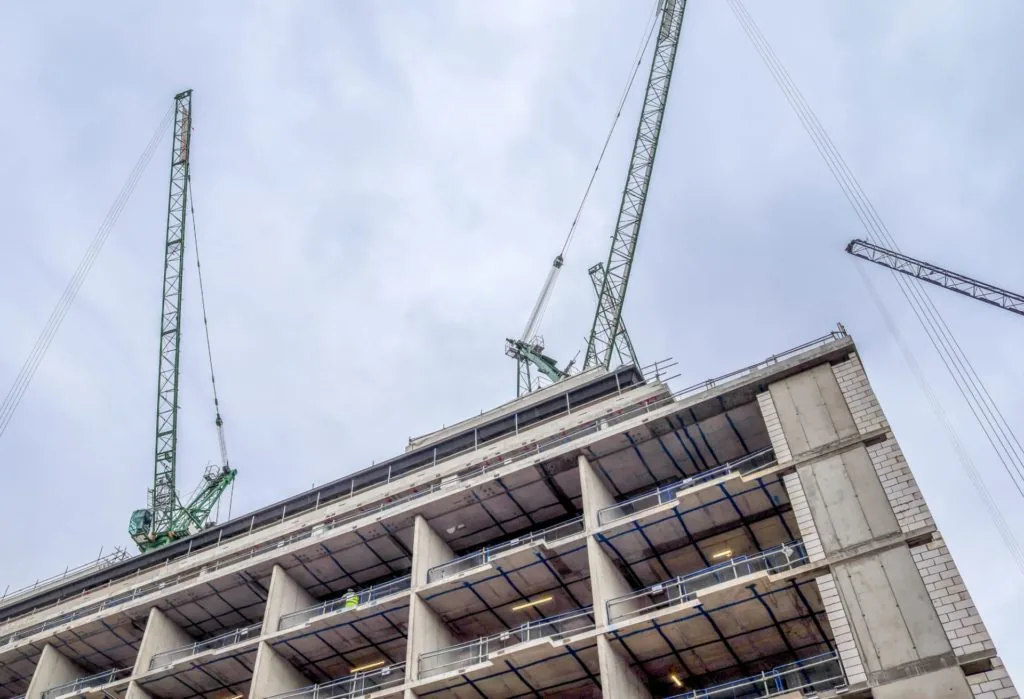
Time is running out for arbitration of Covid-19 rent arrears disputes

This is an update to previous articles in our series on the topic 'Is binding arbitration the long-term solution to Covid 19 rent arrears?'. The latest development in the ongoing Covid rent arrears saga concerns judgment in two cases heard together in the Court of Appeal: London Trocadero (2015) LLP v Picturehouse Cinemas Ltd and others and Bank of New York Mellon (International) Ltd v Cine-UK Ltd [2022] EWCA Civ 1021.
Courts continue to favour Landlords
In both cases, the defendants were tenants of commercial premises trading as cinemas. Both tenants argued that the rent due under their respective leases should not be paid during the period when government Covid regulations forced non-essential businesses, including cinemas, to close. The tenants raised various arguments: failure of the basis of the lease; that Covid regulations made the premises 'unfit for use'; and that the rent cesser provisions should be interpreted broadly to include financial, not just physical, damage. The Court of Appeal dismissed both appeals.
Landlords will be able use this decision, as well as the other cases decided since Covid restrictions lifted, as a negotiating tool in discussions with tenants over rent arrears to avoid the unnecessary cost of pursuing tenants through the Courts.
Unless there is a further appeal, the options left for tenants with Covid arrears appear to be limited to agreeing to pay outstanding arrears in full, negotiating a settlement agreement or alternatively submitting to the arbitration scheme under the Commercial Rent (Coronavirus) Act 2022 (the "Act").
The path less travelled… the Arbitration Scheme
For the next month, landlords and tenants have the option to refer disputes related to 'protected rent debts' under the Act, which came into force on 24 March 2022. The Act applies to business tenancies where a tenant was forced to close their premises during the 'protected period' (21 March 2020 until 18 July 2021 in England, 7 August 2021 in Wales or, if earlier, when closure requirements for the premises ceased). In particular, this is relevant to leisure, hospitality and non-essential retail premises that legally had to close for at least part of the pandemic. The moratorium imposed by the Act means tenants are protected in relation to rent arrears accrued during the protected period and either party can refer matters to the binding arbitration scheme introduced by the Act.
As set out in previous articles, the aim of the Act is to incentivise landlords and tenants to negotiate and settle any protected rent debts. The benefits are that the dispute will be settled by a specialist arbitrator whose decision is binding, it is faster and more efficient, it is simple, and there are no Court forms or formal cost budgets. The deadline for making a referral to the binding arbitration process is the 23 September 2022.
What does this mean?
The Court of Appeal decision provides a warning for tenants and would appear to be the final nail in the coffin for any Covid defences a tenant could raise. The government's impact assessment estimated 15,500 businesses to be within the scope of the arbitration procedure, with 7,500 cases expected to follow through. However, to date only three awards have been published since the Act came into force suggesting there are many eligible tenants still out there. As a result, we expect to see an increase in referrals to the arbitration scheme in the coming weeks, because in the absence of successful negotiation between the parties it is the only realistic, proportionate and cost-effective means of a tenant obtaining relief from their obligation to pay protected rent arrears. The arbitration decisions published so far have heavily favoured landlords and so tenants would be well advised to seek to negotiate before resorting to arbitration.
Tenants must act quickly if arbitration is the route they wish to pursue. They only have until the 23 September 2022 to make the referral and, before doing so, they will need to comply with a notice procedure which could take up to 28 days. The government can extend the period for references to arbitration under the Act but so far has not indicated they will do so. For tenants with pandemic rent arrears, time is running out, and for landlords who haven't received those rent payments, it will soon be back to reality and normality.
For any queries on the arbitration process or rent arrears generally please do get in touch.















